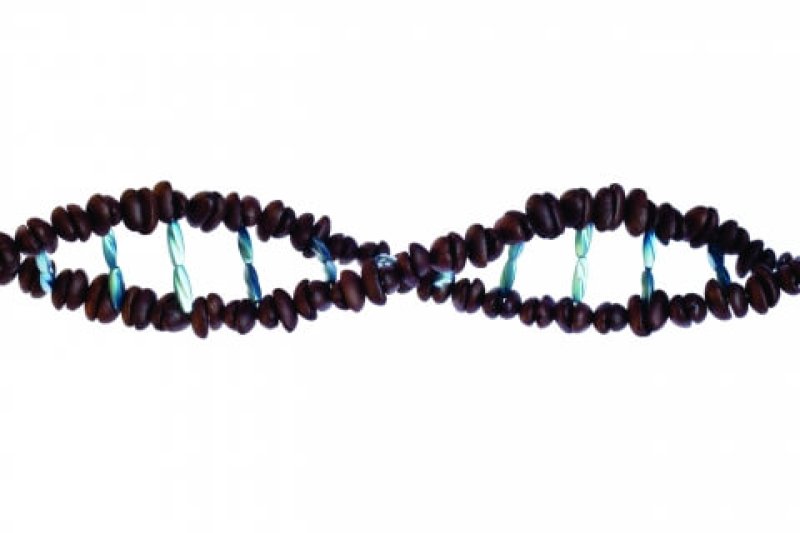Genes are the future of coffee. Not nitro cold brewing or beans pooped out by civets, but genes. And coffee’s gene-fueled future just drew nearer, now that scientists have sequenced the genome of the Coffea arabica coffee plant—the species that makes up the vast majority of global production—and made the data public.
…
With this information in hand, producers can begin to more accurately breed coffee varieties, as opposed to traditional selective breeding where you see a trait you like and breed for it. As scientists work their way through the genome, those traits may at some point have a known genetic basis.
And that’s increasingly important given the climate chaos spreading across the world. Global warming isn’t just about a generally warmer earth, but regions enduring dramatically different climates. Coffee will start doing better in some places and worse in others, as erratic temperatures and weather make life difficult for farmers.
“Sequencing the genome will allow geneticists to identify certain genes which indicate a plant’s resistance to a certain pest or determine that particular plants yield, cherry color, growth pattern, and flavor profile,” [says Lindsey Mesta of Good Land Organics.]
The GLP aggregated and excerpted this blog/article to reflect the diversity of news, opinion, and analysis. Read full, original post: A coffee renaissance is brewing and it’s all thanks to genetics































